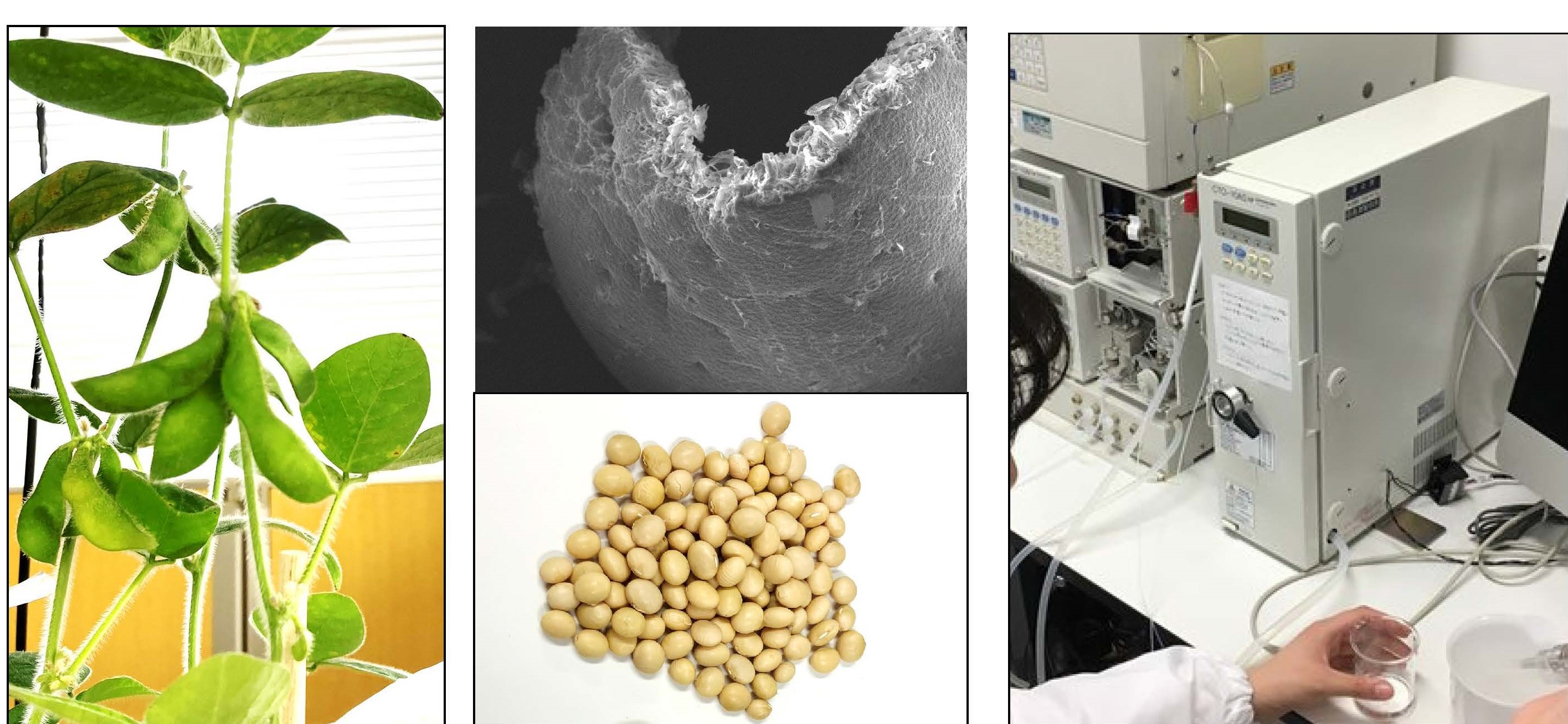
Laboratory of Bio-Industrial Science and Education
Life Science × Industry × AI ― Creating Solutions for Social Challenges
Our laboratory explores an emerging interdisciplinary field that integrates life science, industrial technology, AI, and social innovation to restore and redesign the relationships between nature, industry, and society. By leveraging the creative potential of natural systems, we aim to rebuild sustainable and resilient ecosystems, economies, and communities. Our research includes developing eco-friendly materials from food waste, analyzing microbiomes in various environments, and designing environmentally conscious concrete. We also pursue AI-driven innovations in education and healthcare, and study the genetic basis of learning disabilities―advancing science and human development for a thriving and inclusive future (Formerly: Laboratory of Science and Technology Education)

- Faculty Name
- OKUDA, Hiroshi
- Keyword
- Bioindustrial Science,Educational Development in Higher Education,Entrepreneurship Education,Reservoir Computing,Microbiome,Life science
- Laboratory location
- No.5 Building OMIYA Campus 2F 5211
This lab is for this SDG activity:
STUDY FIELDS
- Bio-industrial Science
- Life Science
- Microbiome
- Reservoir Computing
- Entrepreneurship Education
- Educational Development in Higher Education
FOR SOCIETY
We promote transdisciplinary challenges that transcend traditional academic boundaries by integrating life science, industrial technology, AI, and social innovation. Centered on curiosity-driven research, our laboratory provides an environment where students can explore interdisciplinary questions inspired by their own interests and creativity. Through collaborative projects and fieldwork, we also cultivate the ability to translate scientific outcomes into real-world impact, fostering researchers who connect science with society.
RESEARCH THEMES
- Development of Novel Materials Using Okara (Soybean Residue), a Byproduct of Tofu Production
- Comprehensive Microbiome Analysis of Cacao Beans for the Advancement of Domestic Cultivation
- Advancing Entrepreneurship Education: A Programmatic Approach to Human Resource Development
- Unraveling the Genetic Mechanisms of Dyscalculia to Inform Educational Support
- AI-Agent-Based Approaches for Enhancing Operational Efficiency in Human Service Sectors
- Reservoir Computing Approaches for Time-Series and Nonlinear Data Analysis
- Elucidation of Microbiomes in Indoor and Outdoor Built Environments
- Investigation of the Effects of Micronanobubbles (MNBs) on the Gut Microbiome








